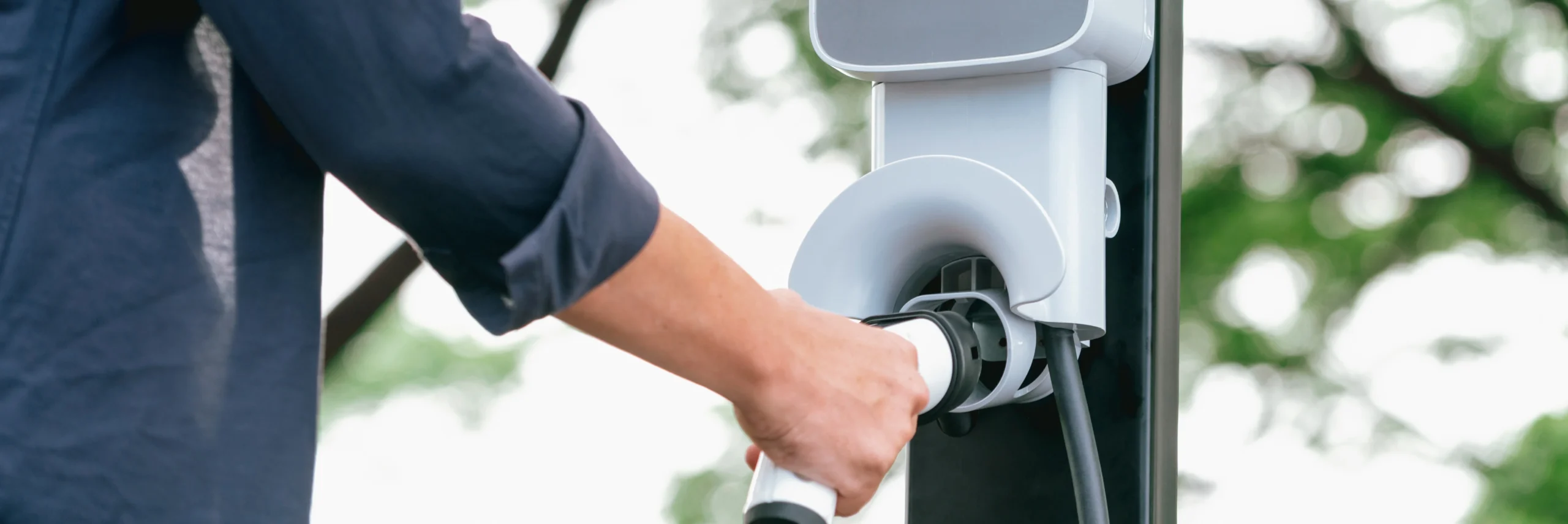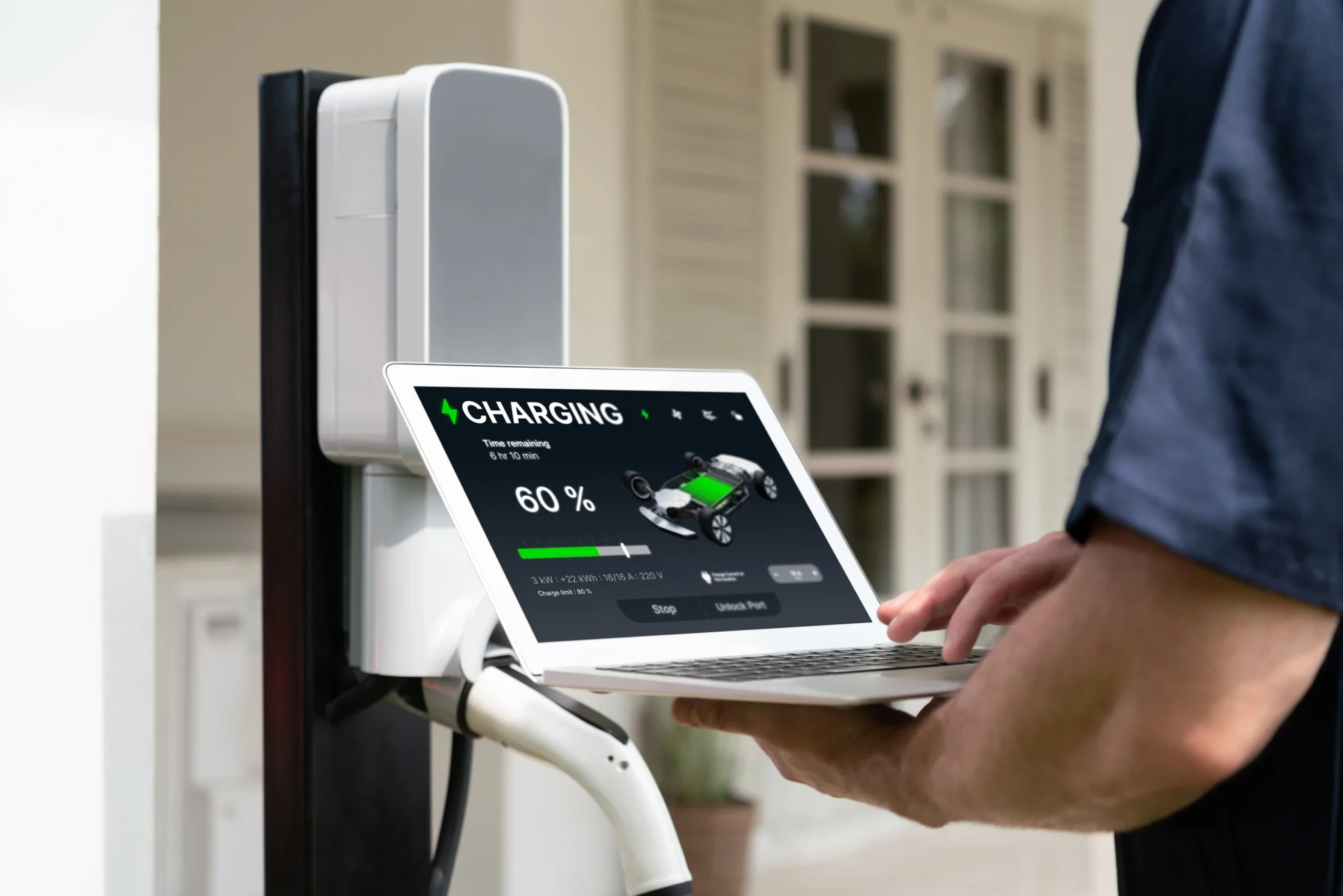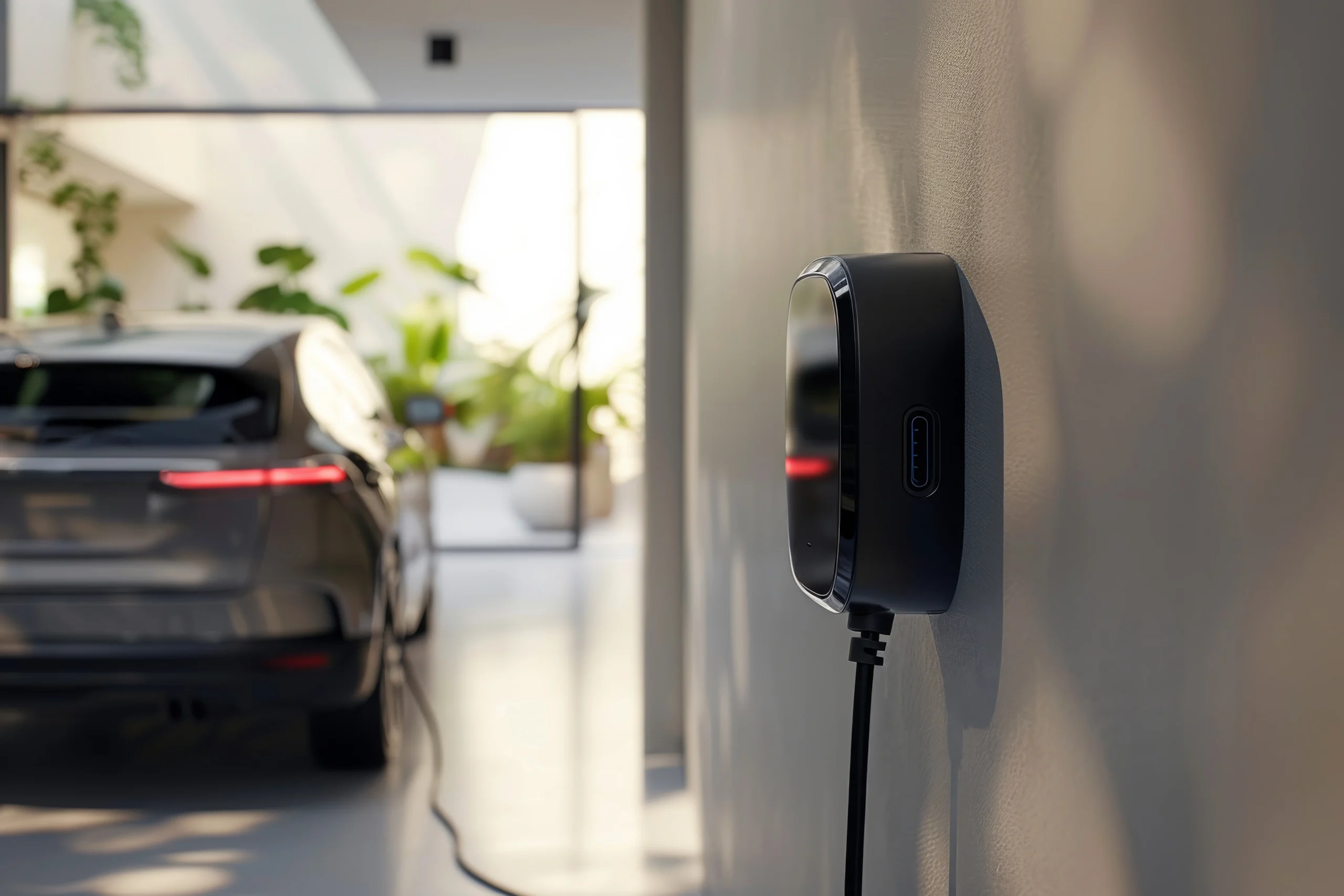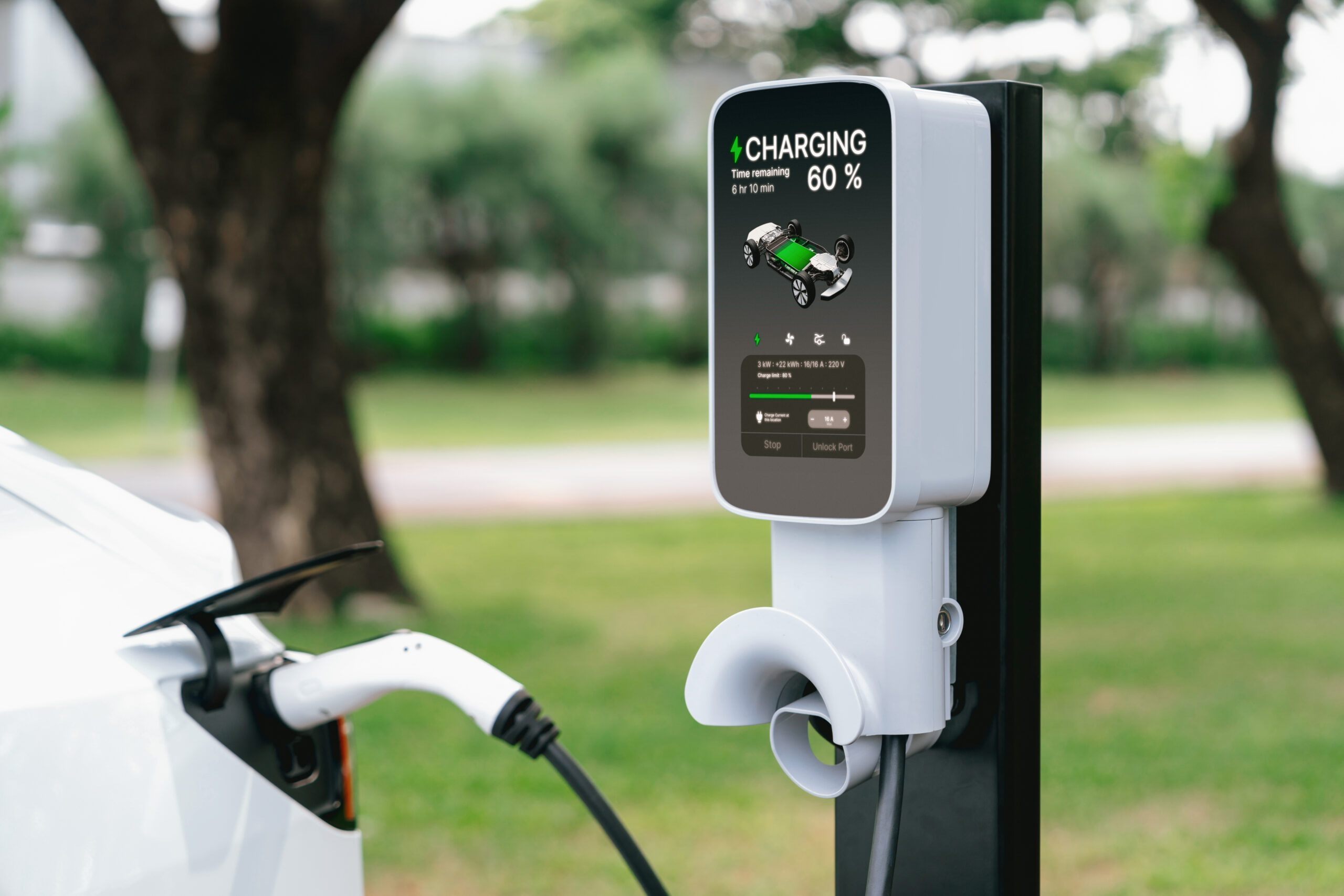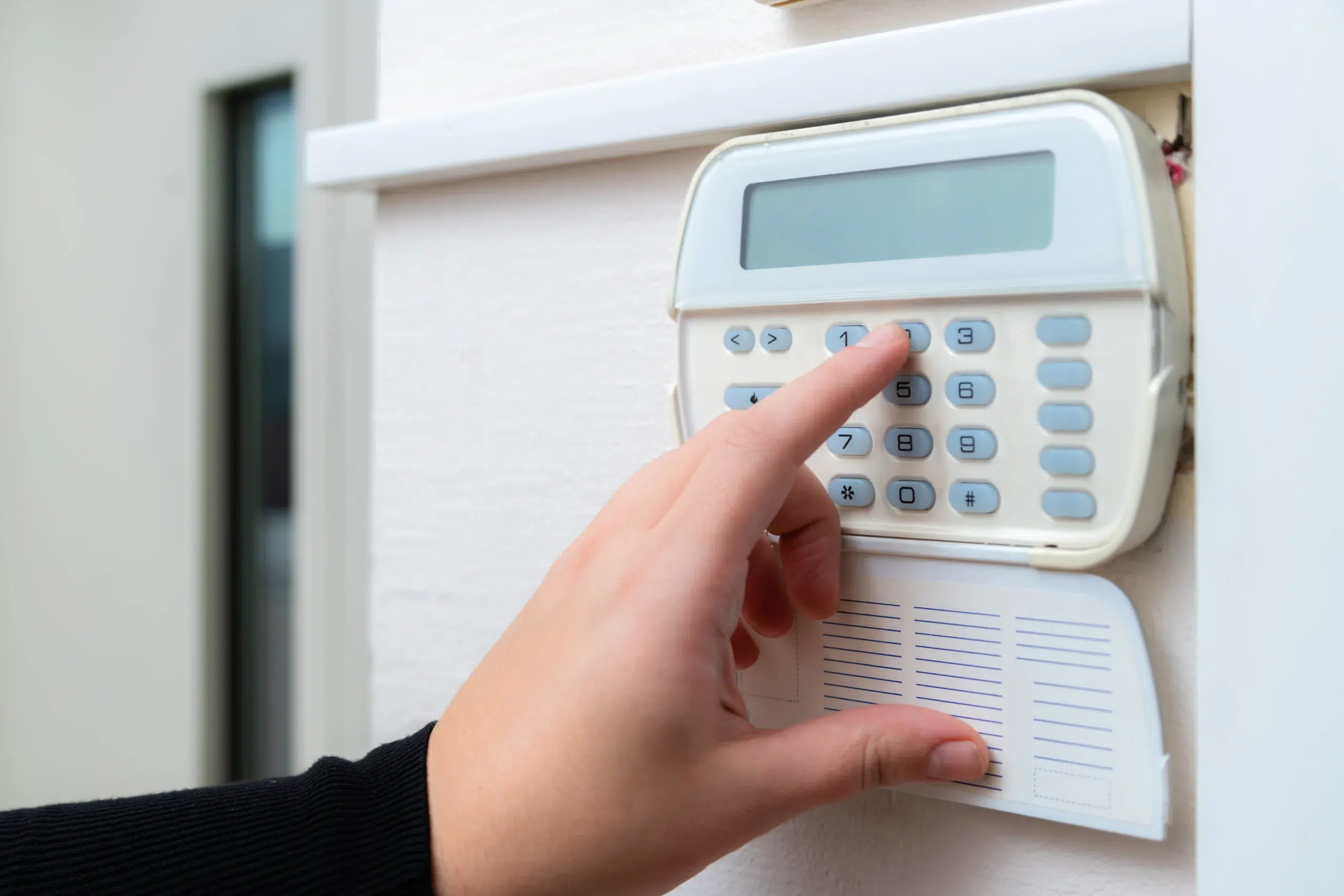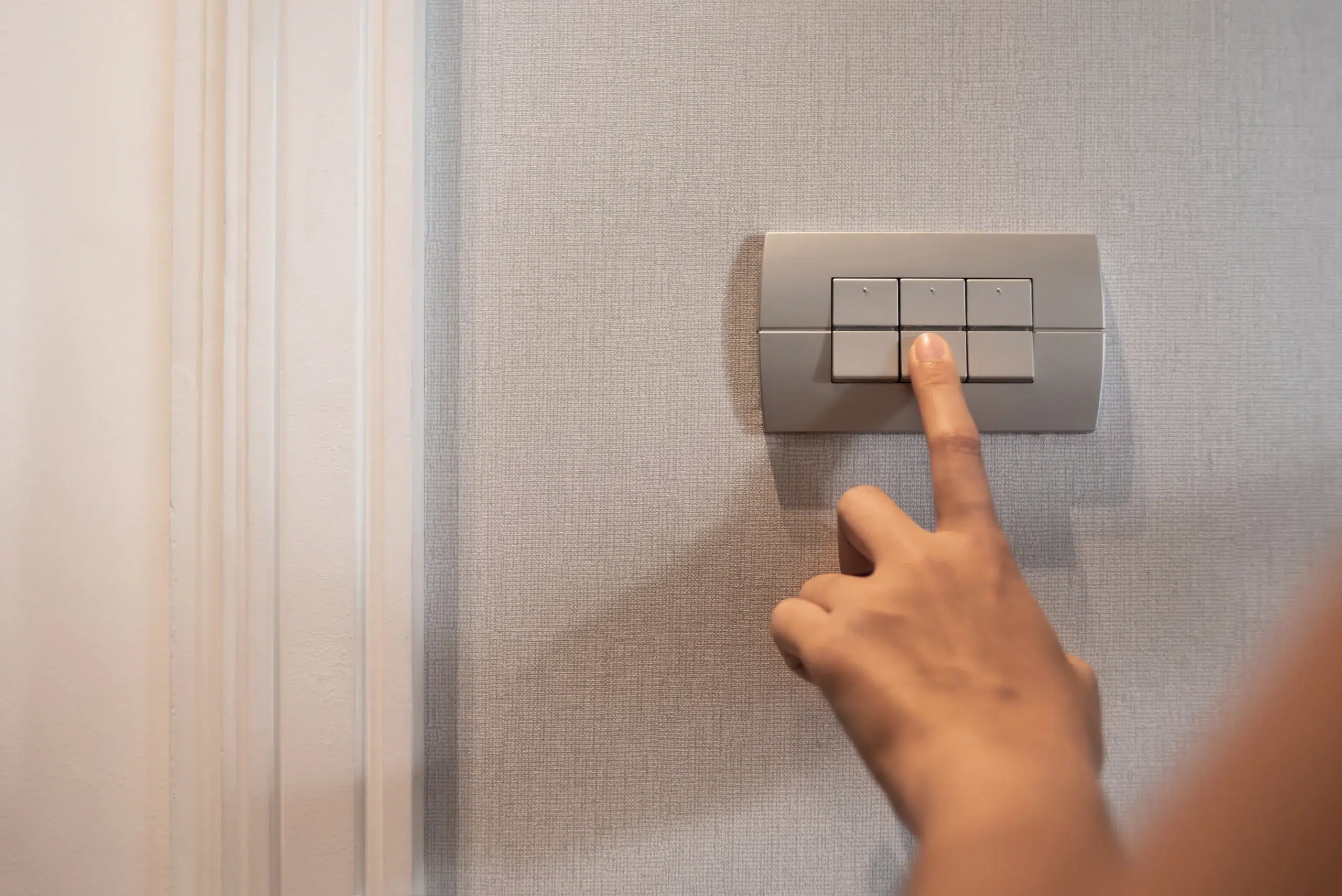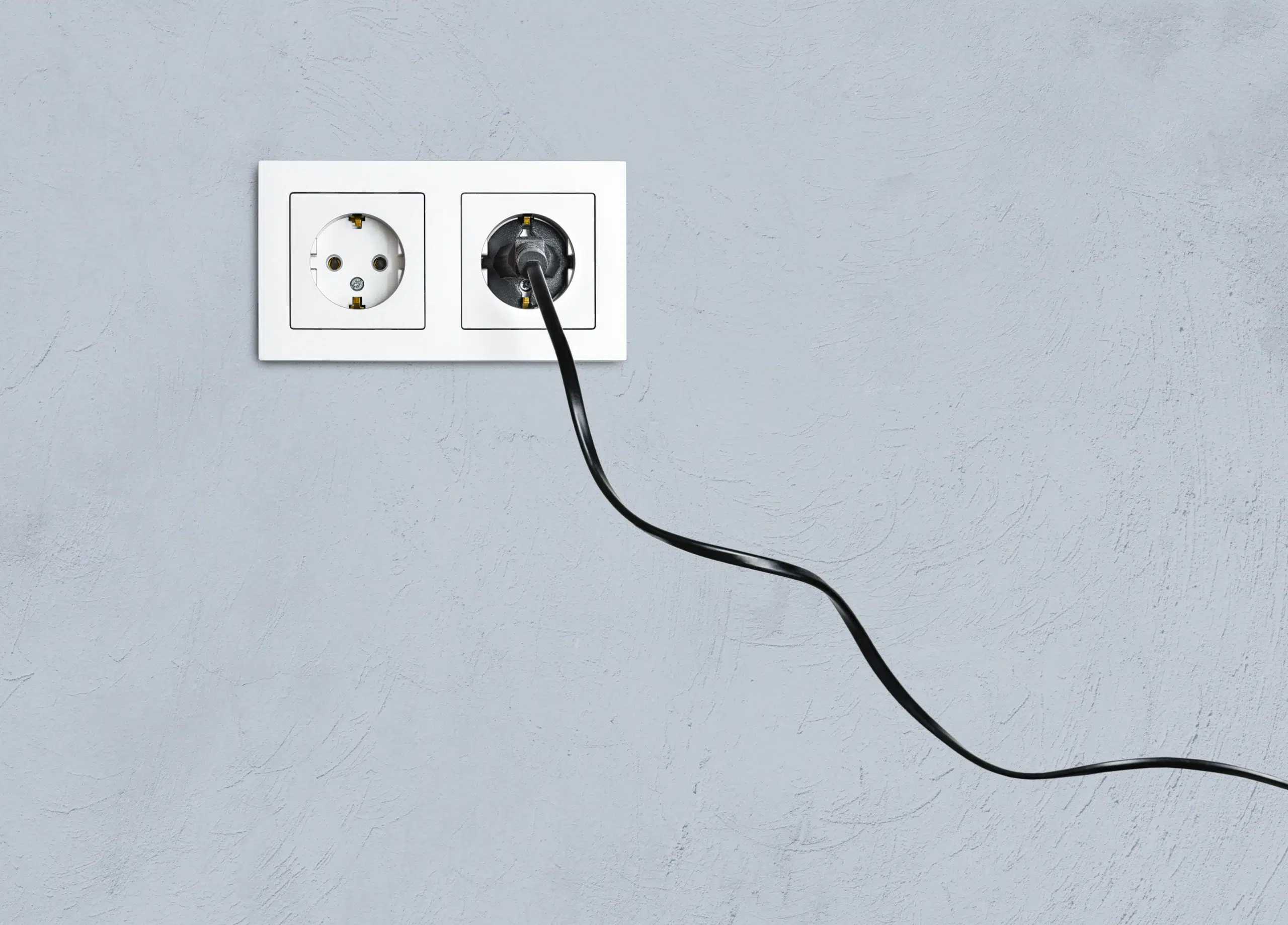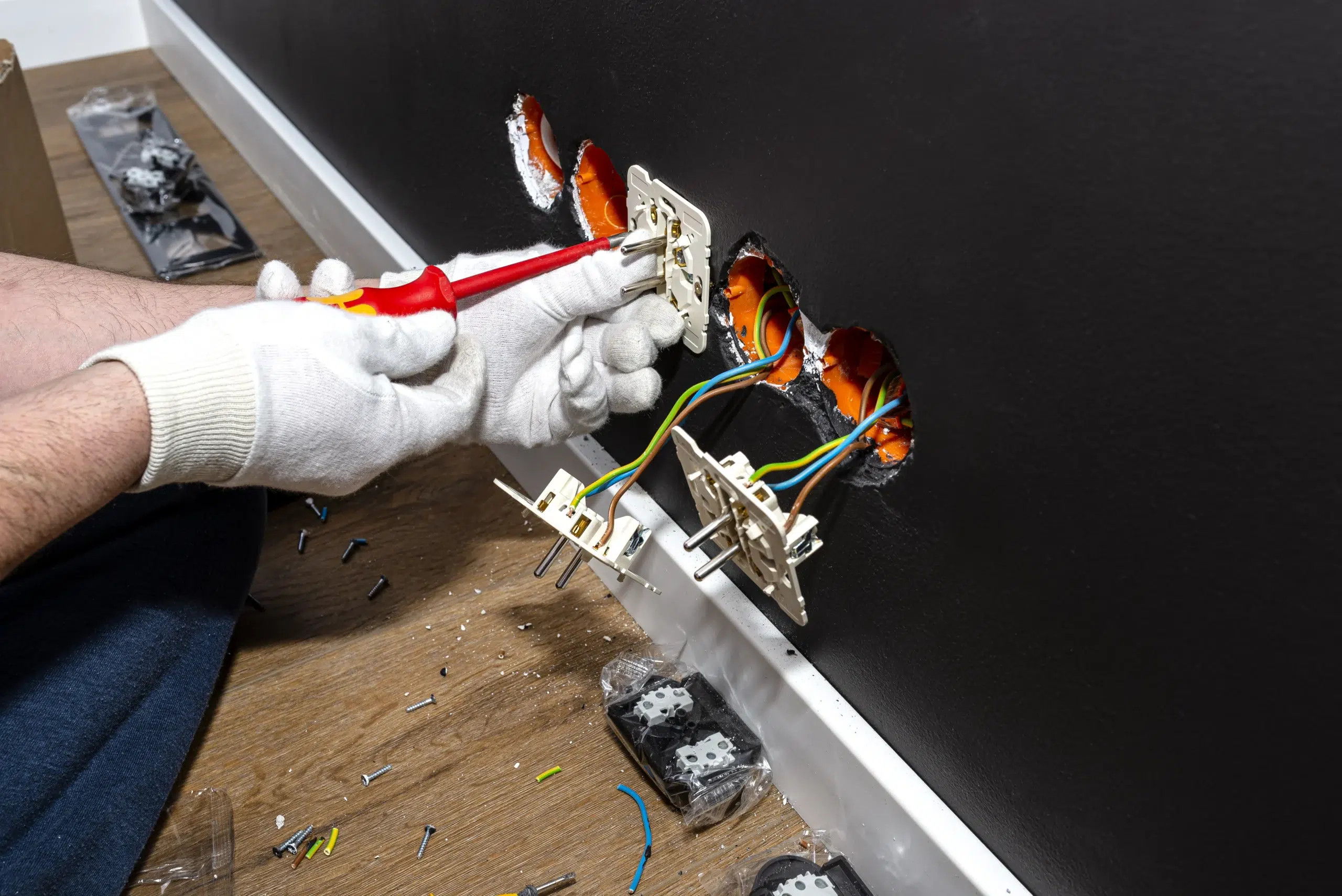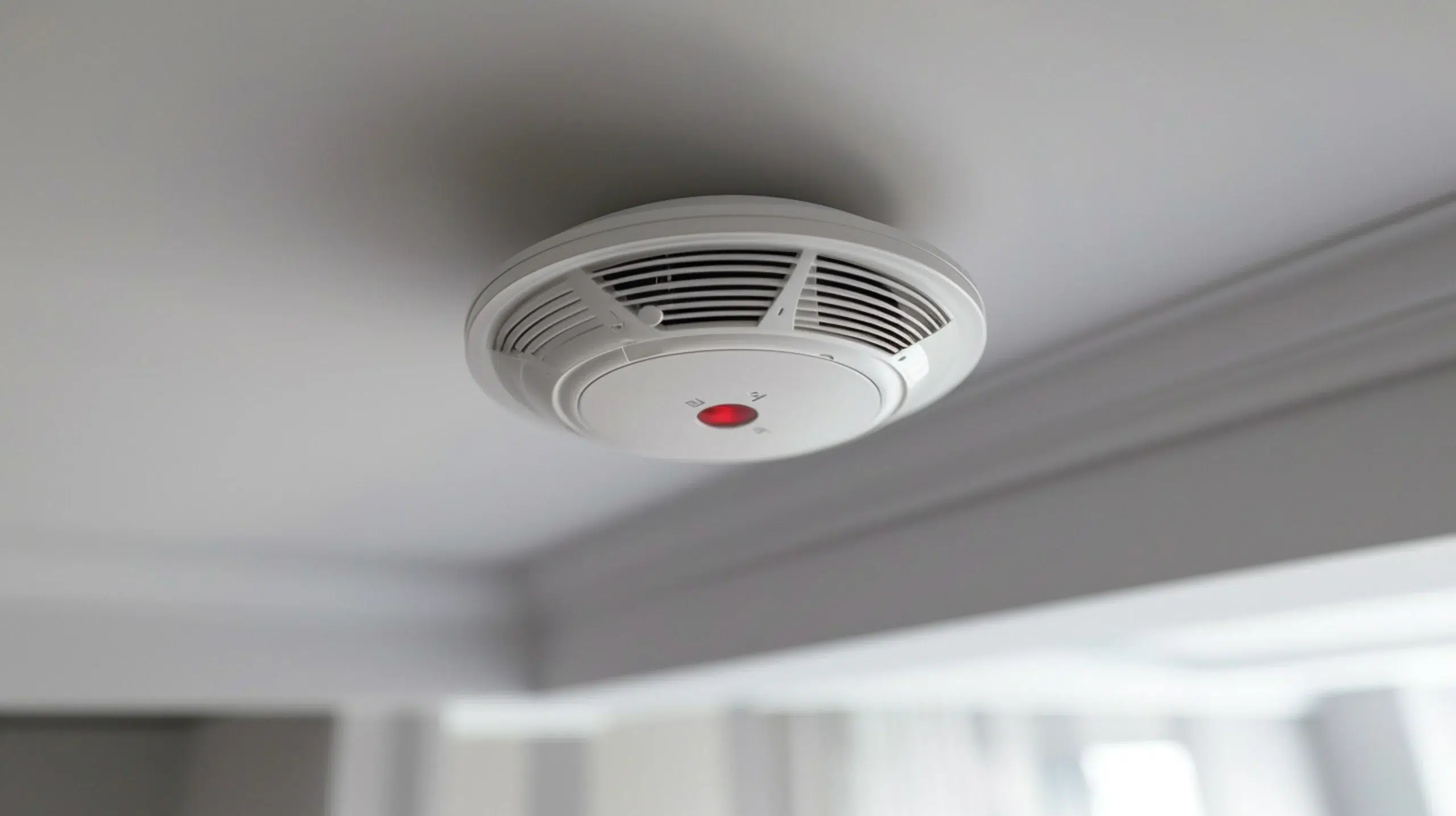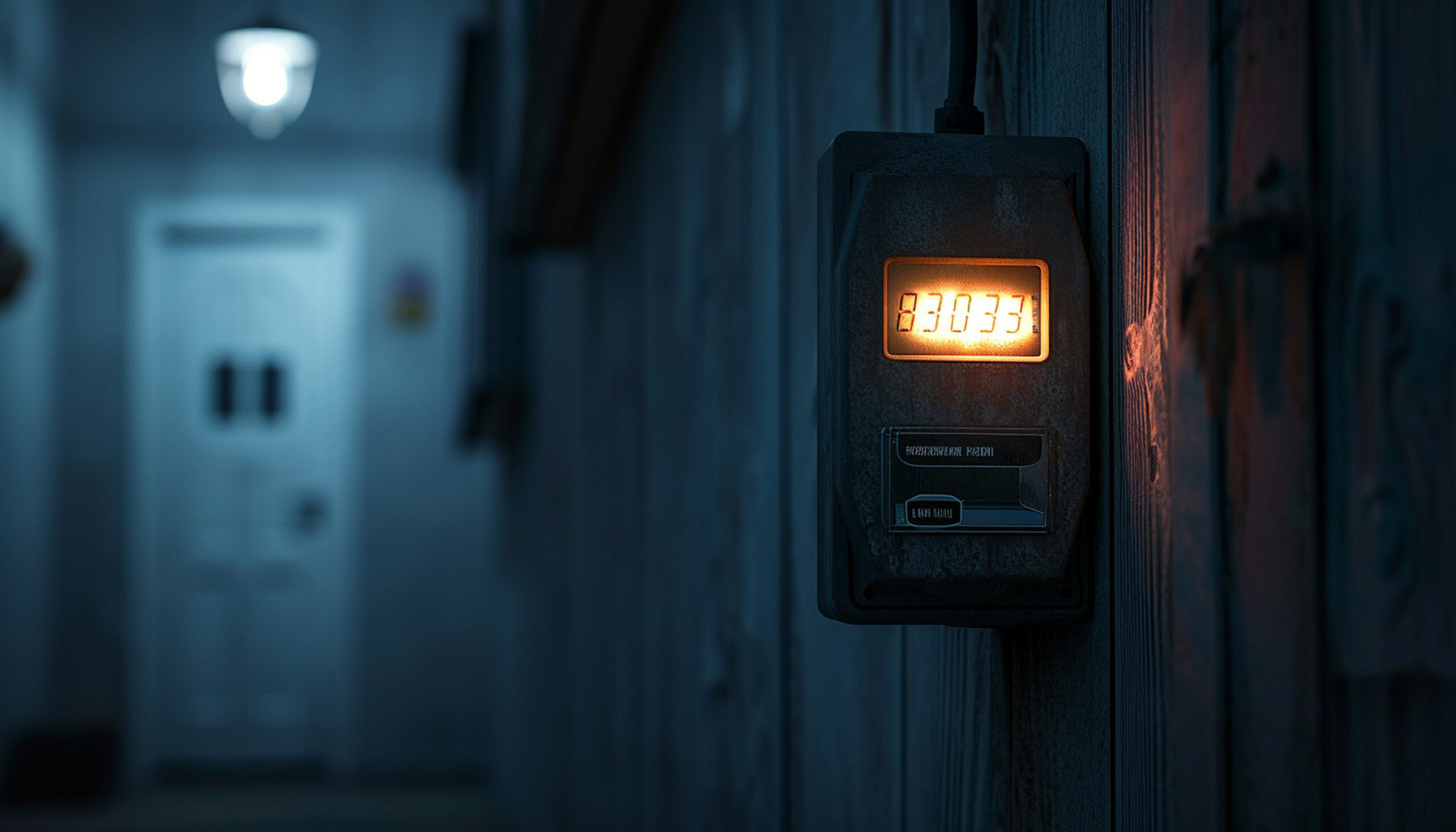Why Installing Your Own EV Charger Could Void Your Car’s Warranty and Insurance
Category:
The growing popularity of electric vehicles (EVs) has made home charging stations a convenient choice for many Australian drivers. However, some car owners underestimate the risks of installing EV chargers without professional help. An Incorrect EV Charger installation can lead to electrical hazards, reduced charger performance, and even voided warranties or denied insurance claims. Understanding these risks helps ensure your investment in an EV remains protected.
To mitigate these risks, it’s best to hire a certified electrician to install your EV charger. A professional ensures the charger is fitted according to local electrical codes and standards, improving both safety and performance. Certified installation also helps maintain the validity of your warranty and insurance coverage. By investing in professional installation, you protect your home and vehicle while enjoying efficient and reliable EV charging.
Understanding EV car warranties and what they cover
What’s included in an EV warranty
The battery, powertrain, charging system, and electrical controls are the main parts of an EV covered under most warranties. These warranties are provided by manufacturers to ensure the high-voltage systems in your vehicle remain safe and efficient. However, the warranty may not apply if the vehicle or its associated electrical systems are not used or maintained according to the manufacturer’s instructions.
Manufacturer’s installation requirements
Automakers often require EV chargers to be installed by licenced electricians or certified professionals. These requirements help ensure the car and its owner remain safe in the event of faulty wiring or incorrect voltage installation. Failure to follow these conditions and attempting a DIY installation can lead to the immediate disqualification of any warranty claims for charging-related damages.
The risks of DIY EV charger installation
Electrical safety hazards
Installing an EV charger involves working with high-voltage systems, which requires technical expertise. Electric shocks or fires can occur due to improper wiring, poor grounding, or circuit overloading. Without the right tools and electrical knowledge, DIY installations pose serious safety risks not only to property but also to personal health.
Impact on charger performance
An incorrectly fitted charger may fail to deliver a consistent voltage or properly communicate with the car’s onboard computer. This can cause slower charging rates, frequent reconnections, or long-term battery degradation. Over time, these issues can damage both the charger and the vehicle’s charging port.
Fire and electrical damage
Improper installation is one of the leading causes of electrical fires in homes. Overheating or short-circuiting can occur when circuits are not correctly rated or protected. Such issues not only jeopardise property safety but may also void your car warranty and home insurance if the installation wasn’t performed by a certified electrician.

How DIY installations can affect your vehicle warranty
Manufacturer’s rules on unauthorised modifications
Vehicle manufacturers treat any non-approved modifications as potential threats to vehicle safety. Installing an EV charger without a certified installer is considered an unauthorised alteration, as it directly connects to the car’s electrical systems. Manufacturers typically warn in their manuals that such modifications can void warranty coverage.
Risks of voiding warranty
If an incorrectly installed charger causes damage to the battery, inverter, or power electronics, the manufacturer can deny warranty claims. Even minor issues—such as using incorrect amperage settings—can void warranty protection for key components. Once voided, the cost of repairs falls entirely on the owner and may amount to thousands of dollars.
Common warranty clauses
Many EV warranties include clauses excluding damage caused by non-approved accessories or installations. These provisions generally require all electrical work to follow local safety codes and be performed by qualified professionals. Ignoring these terms can jeopardise the entire vehicle warranty.
The role of insurance in EV charger installations
Insurance coverage for charging equipment
Home and vehicle insurance policies may include coverage for electrical equipment like EV chargers. However, most insurers require installations to comply with Australian Standards (AS/NZS 3000) and be completed by licenced electricians. A DIY setup could result in claim rejection if a malfunction or fire occurs.
Liability issues with DIY installations
If an unlicensed installation causes injury or damage to a neighbour’s property, the homeowner may face liability claims. Insurers typically investigate the cause of electrical incidents, and if an uncertified installation is found, claims can be denied—leaving the owner to cover all costs.
Insurance policy requirements
To maintain insurance eligibility, homeowners must comply with their insurer’s requirements. This generally means hiring licenced electricians who issue compliance certificates after installation. These documents serve as proof that the work meets safety standards, protecting both your property and insurance validity.
Why professional installation is essential
Compliance with local electrical standards
Licenced electricians follow Australian electrical safety codes to ensure your EV charger operates correctly and safely. They use the proper circuit ratings, grounding methods, and surge protection systems to keep the installation compliant and reliable under all conditions.
Ensuring safe operation
Professional installation eliminates risks such as poor connectivity or voltage imbalance. A certified electrician will verify that the system delivers the correct power to your car, ensuring consistent charging and protecting the long-term health of your EV battery.
Preventing long-term issues
While DIY setups may appear cheaper initially, hidden costs often arise later. Circuit overloading, heat damage, and loose wiring can lead to system failure months after installation. Professional installation prevents these problems, ensuring the long-term safety of both your EV and your home.
What to do before installing an EV charger
Consulting with the vehicle manufacturer
Before any installation, review your EV’s warranty terms or contact the manufacturer directly. They can provide a list of approved installers and technical requirements to ensure your warranty remains valid. This step prevents unintentional breaches of coverage.
Hiring a licenced electrician
Always engage a licenced and experienced electrician for EV charger installation. They understand circuit capacity, load balancing, and safety protocols. A certified installer ensures compliance with local regulations and supports future warranty or insurance claims.
Ensuring documentation and certification
After installation, request a Certificate of Compliance for Electrical Work (CCEW). This certificate confirms that the work meets safety and regulatory standards. Keep it with your car and home insurance records, as both manufacturers and insurers may request it when processing claims or service enquiries.
Conclusion
Installing your EV charger might seem like a simple DIY project, but the risks far outweigh the potential savings. An uncertified installation can void your vehicle warranty, invalidate your home insurance, and expose you to serious electrical hazards. Professional installation ensures your charger operates safely, efficiently, and remains compliant with manufacturer and insurance standards.
FAQ's
Why can’t I install my own EV charger without voiding my warranty?
Installing your own EV charger can void your warranty because manufacturers require certified professionals to perform electrical work. DIY setups may cause wiring faults, power surges, or safety issues—leading manufacturers to reject warranty claims for related damage.
Does DIY installation affect my insurance coverage?
Yes. A DIY EV charger installation can affect your insurance coverage. Most insurers require installations to comply with Australian Standards and be completed by licenced electricians. If a non-compliant setup causes damage or fire, your insurer may deny the claim.
How can I ensure my car’s warranty stays valid when installing an EV charger?
To maintain your EV warranty, always use a licenced electrician approved by your car manufacturer. Follow warranty guidelines and obtain a Certificate of Compliance for Electrical Work as proof of proper installation.
Are there any legal requirements for EV charger installations?
Yes. Australian regulations require EV chargers to be installed according to AS/NZS 3000 electrical safety standards. Only licenced electricians can legally perform this work to ensure compliance, safety, and eligibility for warranty and insurance coverage.
Can my home insurance cover damage from an improperly installed EV charger?
Usually not. Home insurance policies typically exclude damage caused by uncertified or non-compliant electrical work. To ensure coverage, your EV charger must be professionally installed and supported by a compliance certificate confirming it meets safety standards.
93 Exley Road Wedderburn NSW 2560 Campbelltown & South West Sydney
Why Installing Your Own EV Charger Could Void Your Car’s Warranty and Insurance
Why Installing Your Own EV Charger Could Void Your Car’s Warranty and Insurance Category: The...
Read MoreThe Hidden Damage Rodent Cause to Electrical Wiring and Insulation
What Does a Pre-Installation EV Charger Inspection Entail? Category: Installing an EV charger at your...
Read MoreThinking of Installing an EV Charger in Your Apartment or Shared Parking Area? Here’s What You Need to Know
Thinking of installing an EV charger in your apartment or shared parking area? Here’s what...
Read MoreIs It Safe to Install an EV Charger Outdoors in Sydney’s Weather Conditions?
How to Choose the Right Gate Intercom for Your Property Category: The increased availability of...
Read MoreHow to Choose the Right Gate Intercom for Your Property
How to Choose the Right Gate Intercom for Your Property Category: Selecting the appropriate gate...
Read MoreThe Light Switch Feels Warm or Smells Burnt — What Should I Do?
The Light Switch Feels Warm or Smells Burnt — What Should I Do? Category: Light...
Read MoreWhy Do I Get a Small Electric Shock from My Appliances?
Why Do I Get a Small Electric Shock from My Appliances? Category: Small electric shocks...
Read MoreElectrical Surges Damaging Your Appliances? Here’s What You Can Do
Electrical Surges Damaging Your Appliances? Here’s What You Can Do Category: An electrical surge refers...
Read MoreWhat are the types of smoke Alarms and How Does It Work?
What are the types of smoke Alarms and How Does It Work? Category: A smoke...
Read MorePower Outage in Just One Room? Here’s What Could Be Causing It
Power Outage in Just One Room? Here’s What Could Be Causing It Category: Experiencing a...
Read More
